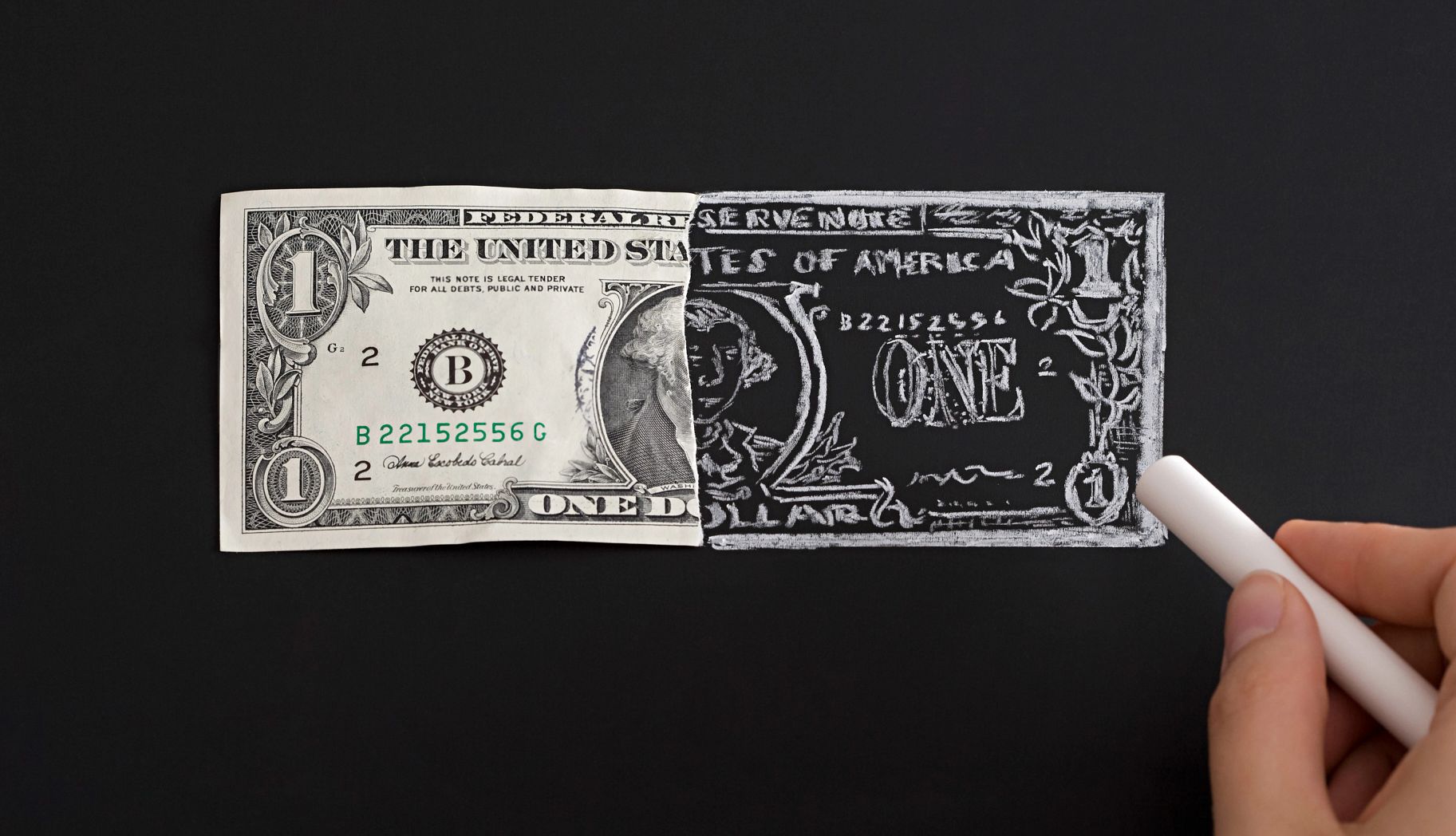AARP Hearing Center


Website headlines, videos and social media posts continue to spread misinformation about a supposed "fourth stimulus check" headed to older Americans or people with disabilities. Don't believe the hype — there's no fourth stimulus going out, to anyone.
The IRS is paying out so-called Recovery Rebate Credits in December and January to about 1 million taxpayers who are still owed an Economic Impact Payment (EIP) — the official term for the three rounds of stimulus payments sent to U.S. households as part of COVID-19 relief measures in 2020 and 2021. But these payments of up to $1,400 are for people who were eligible for but did not receive past EIPs; they are not new stimulus checks.
Nearly four years after most of the final federal pandemic payment went out, claims that new ones are on the way are due in part to the growth of generative artificial intelligence (AI) in creating content, says McKenzie Sadeghi, AI and foreign influence editor for NewsGuard, a company that monitors misinformation in online media.
Imminent stimulus checks are a staple of “content farms,” she says — supposed news sites that regurgitate dubious information and often rely on AI-generated articles with little or no human oversight.
Learn more
Senior Planet from AARP has free online classes to help you discover more about artificial intelligence.
“We’ve seen this claim come up regularly on these websites — that you can get a fourth stimulus check,” Sadeghi says. “It's very in line with the type of content that we see from them, which are hoaxes aimed at generating clicks and getting people to the site.”
Taxpayers still owed a Recovery Rebate Credit do not need to do anything to claim it. The IRS says it is notifying eligible taxpayers by letter and depositing the funds in the bank account they have on file with the agency.
Seeking clicks
The latest round of stimulus stories tease possible payments of up to $2,000 for older Americans and people with disabilities. Similar claims, some asserting outright that such payments have been “confirmed” by authorities and will go out soon, have made the rounds of suspicious sites and cropped up on social media, too. Purportedly finance-focused YouTube channels regularly post videos touting imminent extra payments to Social Security recipients or low-income Americans.
The distribution of legitimate, congressionally approved relief payments in 2020 and 2021 was accompanied by a raft of related scams, with robocalls, emails, text messages and social media posts promising to deliver faster or bigger stimulus checks if you paid a fee or provided personal information.
The questionable websites and posts touting a new round of payments appear to be mostly focused on attracting eyeballs. Sites and videos reviewed by AARP use a common search term such as “stimulus check” but apply it to a mash-up of claims — that the IRS is about to send out fresh payments (false); that multiple states are offering tax credits or rebates (true but unrelated to stimulus payments); or that Congress is going to increase Social Security benefits (highly speculative; such bills have been filed but have not made it out of committee).



































































More From AARP
FCC Outlaws Robocalls Made With Artificial Intelligence
Agency says AI makes rampant scam calls that could deceive votersDoes ChatGPT Give Good Retirement Planning Advice?
How the AI chatbot handles saving, investment questions
Recommended for You